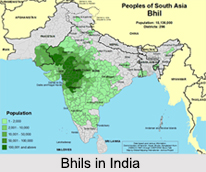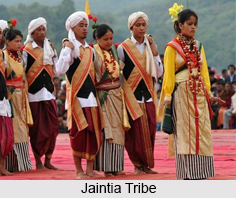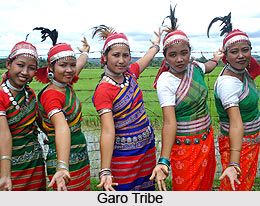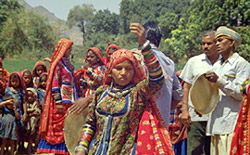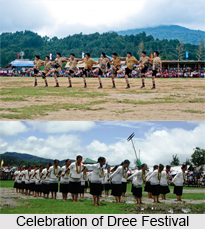 Dree festival is an agricultural festival of the Apatani Tribe in Arunachal Pradesh state of India. This festival is held annually on 5th of July every year. The Dree Festival is the biggest festival of the Apatanis and celebrated with zest marked by sacrificial offerings and prayers. It is celebrated as a seasonal festival of joy and glee when plantations of all crops are over, for the well being of the seasonal crops like paddy, millet etc. This celebration is done to appease the gods and goddess to ensure better crops and prosperity to mankind.
Dree festival is an agricultural festival of the Apatani Tribe in Arunachal Pradesh state of India. This festival is held annually on 5th of July every year. The Dree Festival is the biggest festival of the Apatanis and celebrated with zest marked by sacrificial offerings and prayers. It is celebrated as a seasonal festival of joy and glee when plantations of all crops are over, for the well being of the seasonal crops like paddy, millet etc. This celebration is done to appease the gods and goddess to ensure better crops and prosperity to mankind.
Etymology of Dree Festival
The word "Dree" is derived from "Diiri", which means purchasing or borrowing of food items when in scarcity or add to the existing stock in anticipation of lean days. In other words, Dree festival is named after "Diiri Piilo", a month in Apatani calendar.
Mythological Aspects of Dree Festival
This festival has some mythological grounds of various types. According to one traditional version, Anii Donii, the Mother Sun and Abo Liibo, the Father Moon, obtained paddy seeds from Murtu Yaring and sowed it in the fields of Arunachal Pradesh. The yield was, however, poor so a priest called Nyibu Kharii propitiated Harniyang Pubyang following which crop yields increased.
The ancestor of this tribe searched the paddy seeds all around and finally obtained it from two fishermen called, Dirri Aki Diiro Aro and Nalyang Tamho Garo Taku, who had caught it in their fishing trap. Having obtained the paddy seeds, Abotani began growing them in field with his wife Ayo Diiyang Diibu. They prospered and became happy. However, this fortune ended when he married Tiini Rungya after divorcing Ayo Diilyang Diibu. The crop yield dwindled quickly while Ayo Diilyang Diibu"s prospered.
After a year paddy plants began dying, culminating in a famine. When the situation worsened in the second year, Abo Tani consulted Abo Liibo and Anii Donii who advised him to perform rituals like Chandii, Metii, and Dree by propitiating various gods and goddesses. He appeased "Tamu" God for Destruction of Pests, and "Yapung", the Rain God for protecting them from hailstorm. From that time onwards, the Apatani Tribe celebrates Dree festival every year during Dree Piilo, June -July, for goods crops and family and social welfare.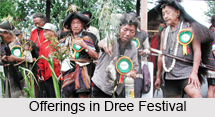
Celebration of Dree Festival
The Dree Festival of Arunachal Pradesh is celebrated on July 5 with the pre-celebration rituals starting from the evening of July 4 every year. In the evening of 4th July, the Dree priests traditionally inaugurate the Dree festival in their respected villages. In the next day, the festival is officially organized in the common grounds of different villages. The main and the biggest celebration of this festival happen at Ziro, Arunachal Pradesh.
During the Dree Festival prayers are offered to please the 4 Gods - Tamu, Harniang, Metii, and Danyi to bring in a bountiful harvest season. "Danyi" is prayed for protecting mankind; "Tamu" is worshipped for eating up harmful pests and insects; "Metii" is prayed for control of out break of famine and epidemics and "Harniang" is worshipped for keeping the soil stable.
Fowls, eggs and animals are sacrificed during this festival as part of the rituals. The festival is marked by grand ritual and community feasts served with delicious rice or millet beer. The womenfolk brew wine and visit homes of their relatives and present them the wine as a symbol of love and affection.
Traditional songs and dances are also displayed as part of the Dree celebrations. In the present days, activities like wrestling, high jumps etc. are organized in larger scale.
Related Articles
Indian Tribals
Indian Tribal Festivals
Arunachal Pradesh
Tribes of Arunachal Pradesh
Agriculture in India
Indian Crops
Indian Festivals
Millet


















